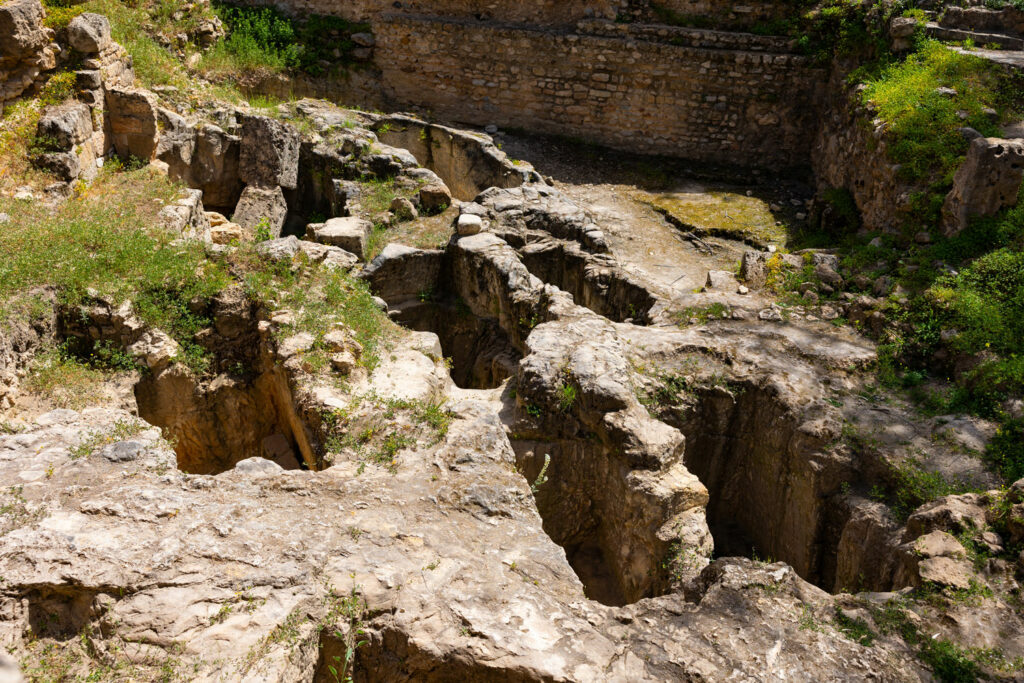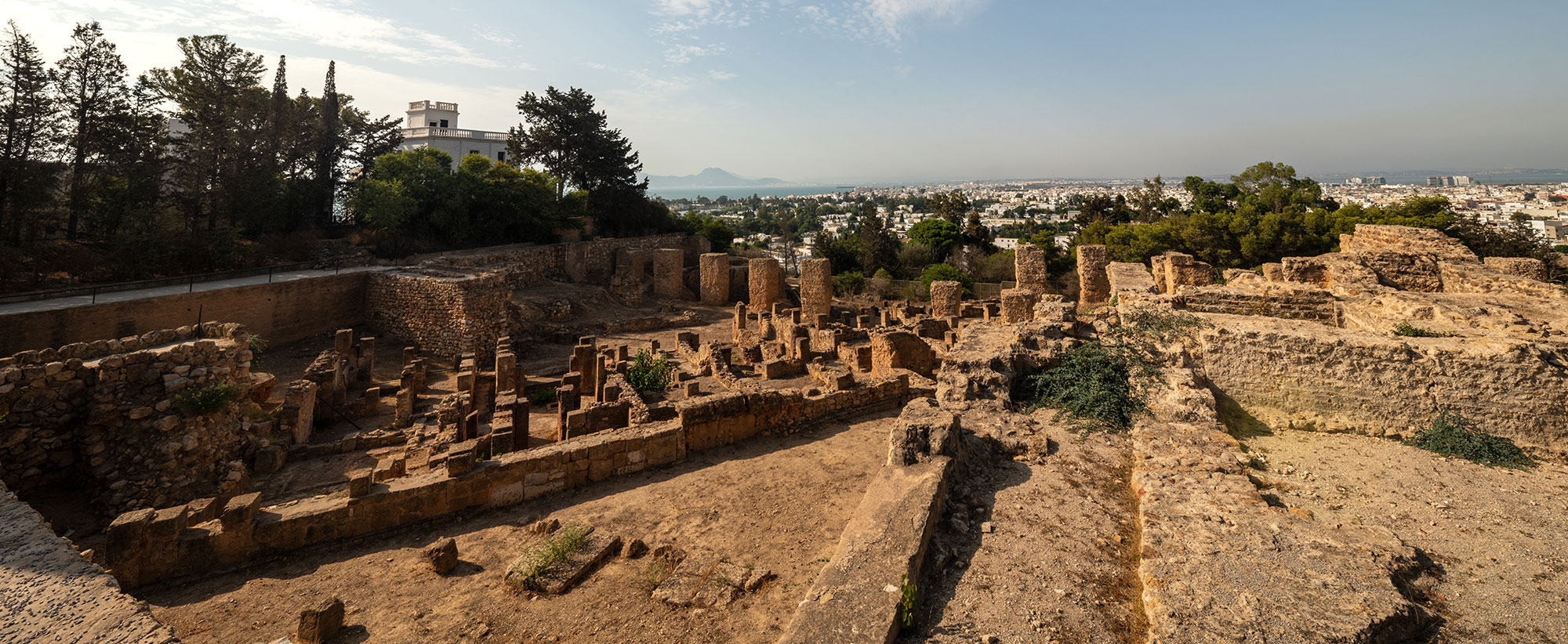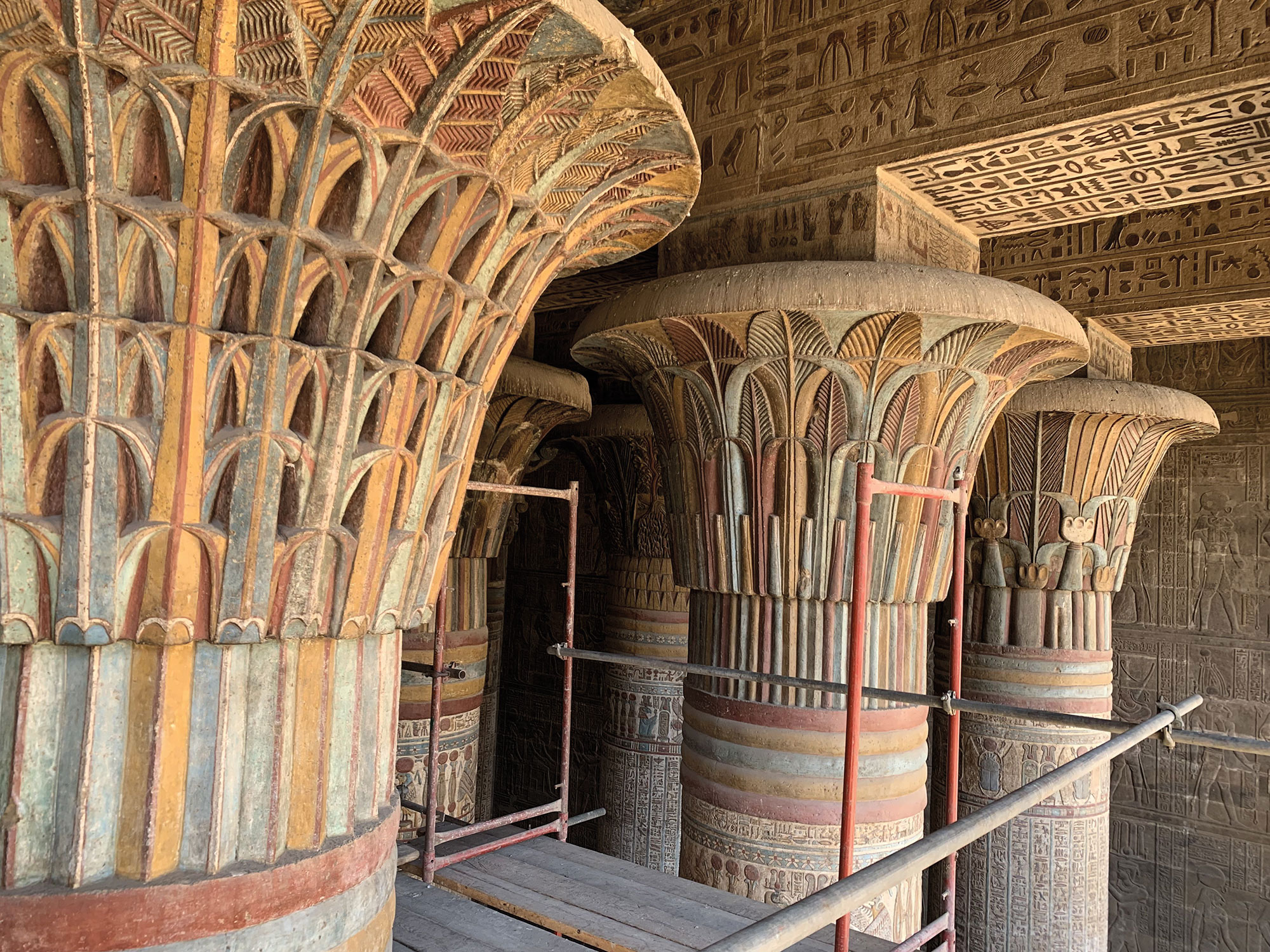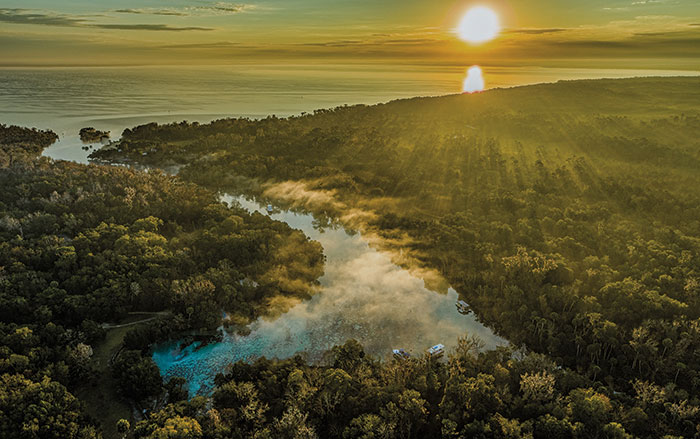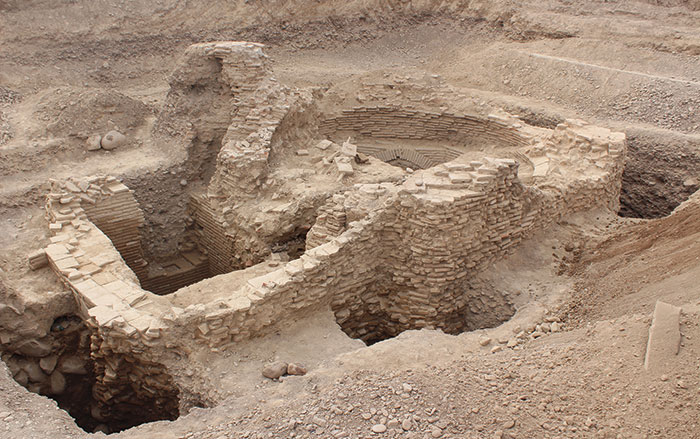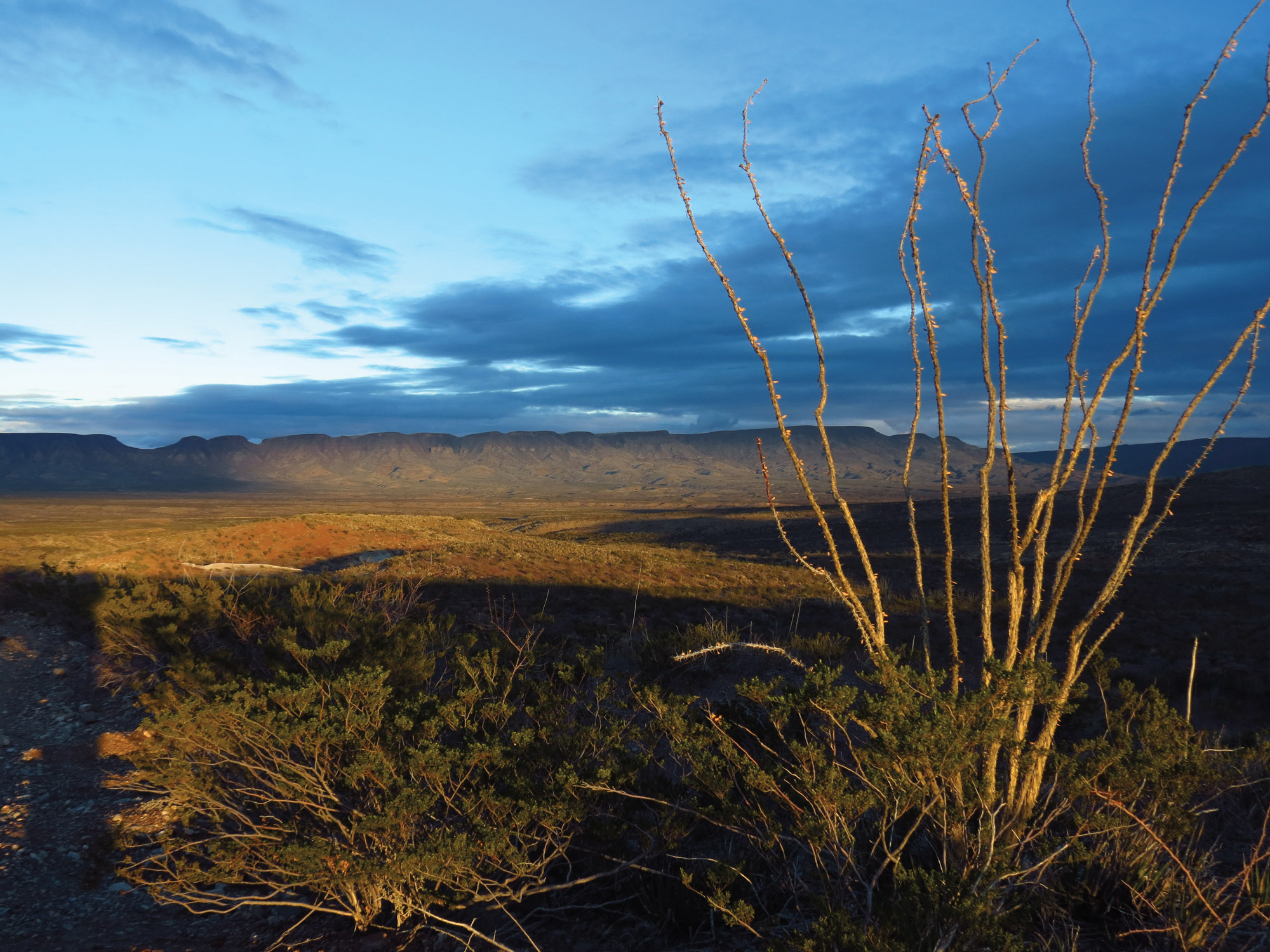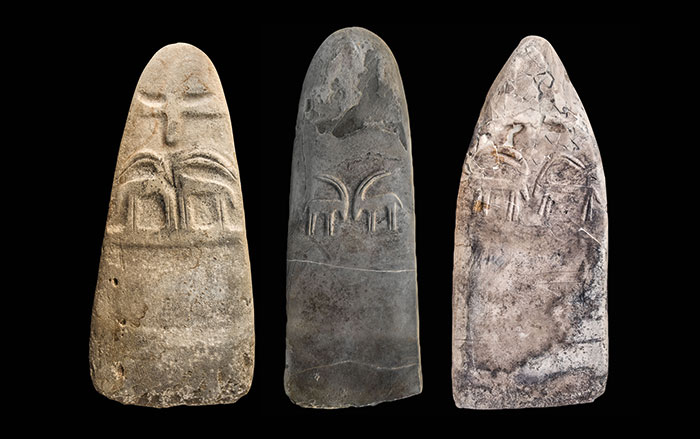LEIPZIG, GERMANY—Until now, archaeologists attempting to trace the genetic lineage of the Phoenicians have had a difficult time. These seafaring people who dominated trade in the Mediterranean during the first millennium B.C. have always been thought to have come from the Levant, but for centuries they cremated their dead, leaving nothing behind for scientists to test. However, Phoenician burial customs changed in the seventh century B.C. when they began to bury the deceased. According to a report in Science, researchers from the Max Plank Institute for Evolutionary Anthropology and Brown University have now sampled 100 genomes from 210 people buried in Phoenician-style graves at sites identified as Phoenician across the Levant, Europe, and North Africa. The results of their study have led to an exciting revelation. “Most people who were culturally Phoenician had no Levantine ancestry,” geneticist Harald Ringbauer of the Max Planck Institute said. “That was very unexpected, and a big surprise.” Most of the sampled individuals' genetic ancestry derived, in fact, from Sicily and the Aegean, while a few of the people showed North African genetic characteristics. It seems, then, that the Phoenicians were as genetically diverse as the places to which they traveled on their long trading voyages across the ancient Mediterranean to settle in new places from Carthage in North Africa to Cadiz in southern Spain. To read about the genetic diversity of the Roman Empire, go to “Ancient DNA Revolution: The Empire’s Genome.”
